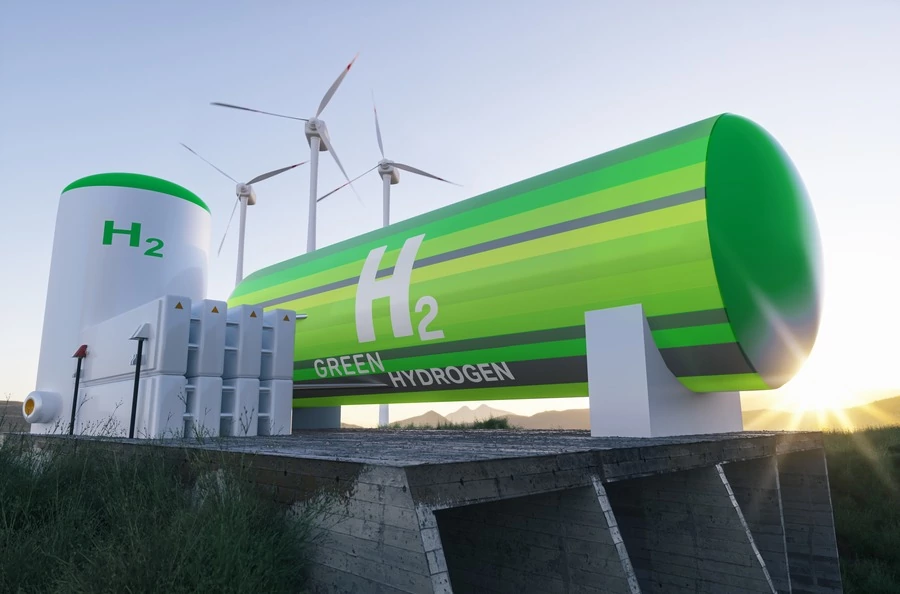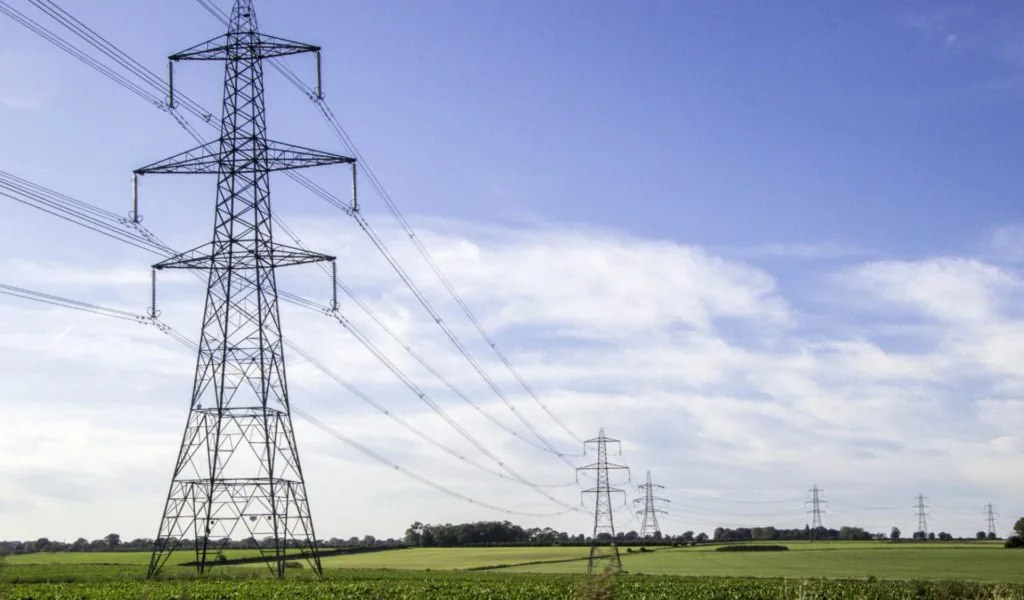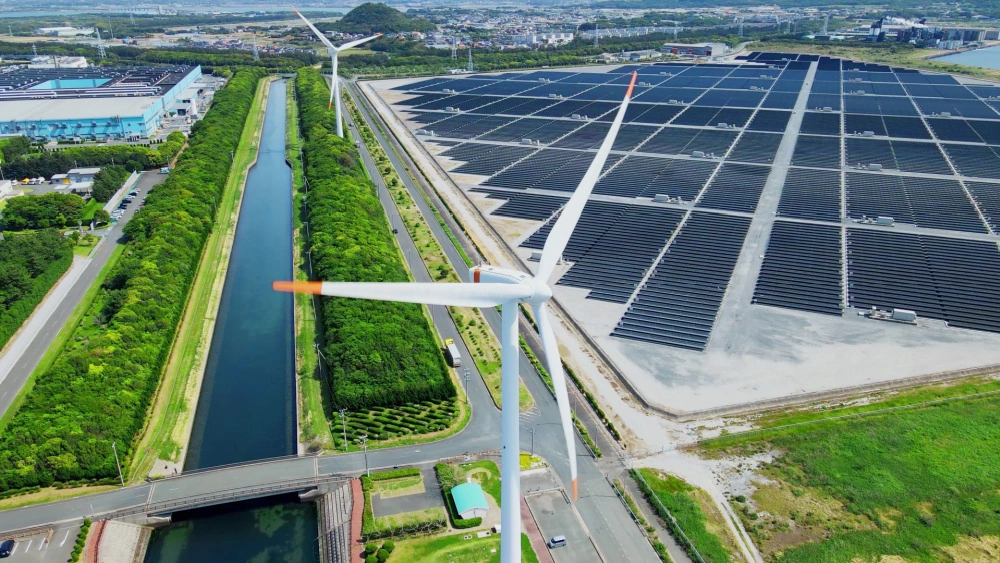
The low-carbon hydrogen certification scheme - supporting the UK's hydrogen economy

By Kee Evans, Aliki Zeri
27 Apr 2023 | 3 minute read
The development of a low-carbon hydrogen certification scheme is intended to support both the UK hydrogen economy (by providing end-users with a product to which certain credentials can attach to) and place the UK in the best position to participate in the global hydrogen market (through the export and import of low carbon hydrogen).
In February 2023, the Government launched a consultation on the key design characteristics of this certification scheme. The consultation, which closes on April 28 2023, draws comparisons between other hydrogen certification schemes operating internationally and seeks interested parties views on the following aspects of the scheme:
- Design and priorities
- Information to be supplied
- Traceability
- Delivery and scheme administration
- Positioning of the scheme in an international context.
The Government's 'minded-to' position is to design a voluntary scheme (at least initially), that will apply UK-wide and will certify compliance of the hydrogen produced with the low-carbon hydrogen standard ("LCHS"). The Government recognises that the LCHS will be constantly updated and it is therefore possible that certain facilities, which fail to meet the updated LCHS in the future, will not receive any certificates under this scheme. Whilst the Government has not set out is preferred position in this respect, it is possible that this will operate as a deterrent from joining the scheme (especially if there are costs associated with the participation in the same).
Each certificate will be comprised of a "factual disclosure" (including factual information about the time and method of production used) and a "label" (the purpose of which would be to indicate whether the hydrogen produced meats a particular standard). Again, the Government is opting for a 'light-touch' approach, with minimum mandatory disclosures. It would be interesting to see whether producers opt for additional voluntary disclosures and whether hydrogen that is accompanied by such additional information attracts a higher market price, than hydrogen that is not.
On the matter of traceability, having explored a number of different options (with varying degrees of stringency in the "chain of custody", the Government is keen to adopt an approach that allows certified and non-certified hydrogen to be mixed in the supply chain. The certified hydrogen will be accompanied by a certificate, which will be passed along the supply chain at each point where there is a change in custody. Without seeing the details of the proposed system, it is difficult to assess how this would perform against a more stringent system, whereby certified hydrogen is kept completely separate from other non-certified hydrogen. Additionally, further consideration needs to be given to how this system will adapt to hydrogen blending (assuming that this is allowed in the future) and in the context of international trade (particular exports), where different rules will apply in each jurisdiction.
It is anticipated that the scheme will be Government-led, with certificates being transferred via an online platform and retired upon usage of the hydrogen. Scheme participants will be expected to report on a monthly basis on compliance of the hydrogen produced with the LCHS, with annual independent verification audits taking place. The Government is seeking interested parties view on the reporting, auditing and retirement process, as well as, the role that the Government itself could play in ensuring the uptake of participation in the scheme.
It is intended that the certification scheme will become operational by 2025, but on balance there seems to be quite a lot of critical detail that is missing, and which still needs to be worked through. It appears that the Government is looking to the industry (producers and users of hydrogen) to provide some direction, which could in this instance be the right way forward.
Our comments
The aims of the certification to verify the sustainability of hydrogen and to incentivise its production, investment and use across the country are encouraging. Our discussions with those working in this field have indicated that confidence to invest in green hydrogen is critical and government participation in this is imperative. However, if the UK wishes to participate fully in the global emerging market then schemes such as this may need to be accelerated.
















